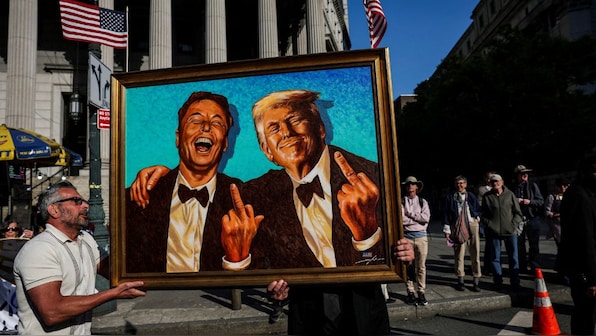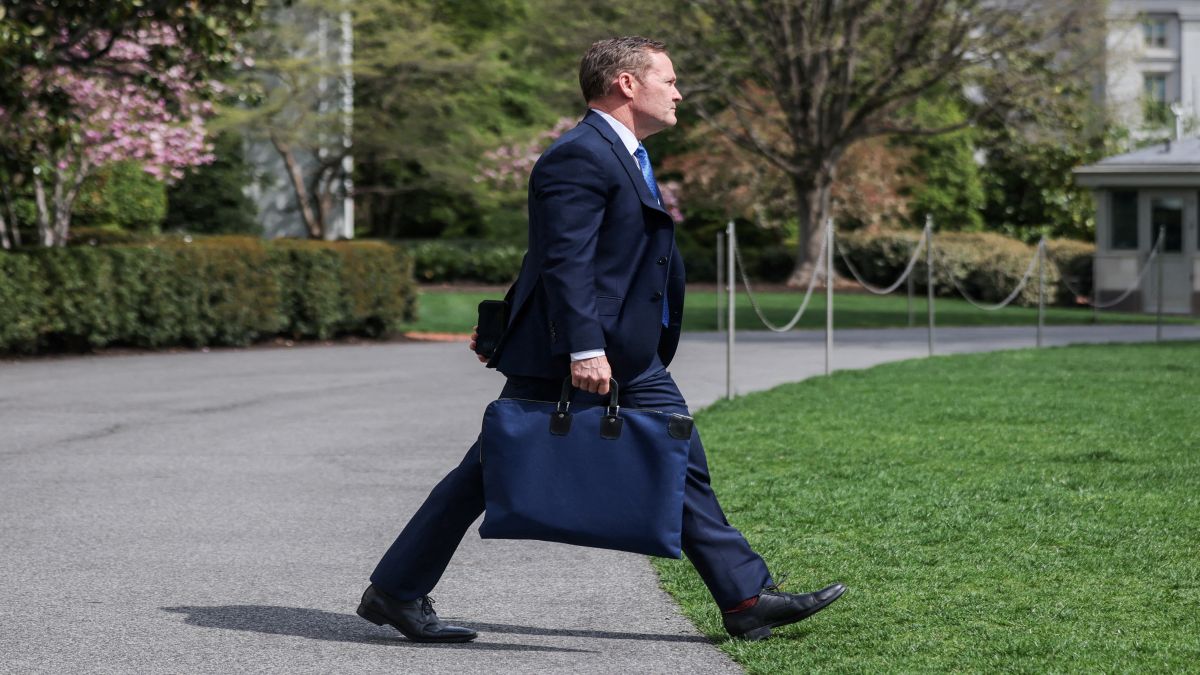Tesla’s board of directors has come under scrutiny following a report from The Wall Street Journal that claimed the company had initiated an executive search to replace its CEO, Elon Musk.
The report, citing unnamed sources familiar with the matter, alleged that Tesla board members had contacted recruitment firms as early as March to explore potential successors due to growing concern over Musk’s increasing involvement in government affairs under the Trump administration.
In response, Tesla’s Chair Robyn Denholm issued a categorical denial. Writing via the company’s official X account, Denholm called the report “absolutely false” and asserted the board’s full backing of Musk.
“The CEO of Tesla is Elon Musk and the Board is highly confident in his ability to continue executing on the exciting growth plan ahead,” she stated.
Musk himself responded sharply, calling the article a “deliberately false article” and later posting, “It is an EXTREMELY BAD BREACH OF ETHICS that the @WSJ would publish a DELIBERATELY FALSE ARTICLE and fail to include an unequivocal denial beforehand by the Tesla board of directors!”
Despite these denials, The Wall Street Journal maintained its position. “Tesla was given the opportunity to provide a statement before publication, which they did not do,” a spokesperson said.
A volatile period for Tesla
The controversy comes at a pivotal time for Tesla, both financially and in terms of public perception. Over the past several months, Elon Musk has dedicated a significant amount of time to the Trump administration, overseeing the Department of Government Efficiency (Doge).
His political commitments — combined with provocative commentary, vocal support for far-right parties in Europe and public clashes with institutions — have drawn criticism and sparked consumer backlash.
Musk’s visibility in Trump’s Cabinet meetings, including a recent moment where he joked, “Well, Mr. President, you know they say I wear a lot of hats,” highlights his dual roles.
Trump, in the same meeting, thanked Musk for his service and extended an open invitation to continue his government work: “You have been treated unfairly, but the vast majority of people in this country really respect and appreciate you… You’re invited to stay as long as you want.”
But Musk announced last week that he would be “allocating far more of [his] time to Tesla,” reducing his near full-time role at DOGE. “My time allocation to DOGE will drop significantly,” he told investors. “Starting next month, I’ll be allocating far more of my time to Tesla.”
This change appears to be a response to mounting pressure. According to the Wall Street Journal report, board members had urged Musk to publicly reaffirm his commitment to Tesla. Musk reportedly did not object.
Shareholder frustration at Tesla
Tesla’s financials have raised additional concern. The company reported a 71 per cent year-on-year drop in net profits for the first quarter — its worst quarterly performance in recent history.
The slump was driven by declining electric vehicle (EV) sales, with deliveries dropping 13 per cent compared to Q1 of 2022. Earnings fell to their lowest margin in nearly six years, prompting the company to suspend its full-year guidance.
During the same period, Tesla delayed filing its 2025 proxy statement and had yet to announce a date for its annual shareholder meeting, adding to investor anxiety.
Tesla’s Chief Financial Officer Vaibhav Taneja acknowledged the damaging impact of controversy on sales, telling investors: “The negative impact of vandalism and unwarranted hostility towards our brand and our people had an impact in certain markets.”
April sales numbers revealed the scale of that impact: Tesla’s deliveries plunged 59 per cent in France and 67 per cent in Denmark compared to a year earlier.
Protests, showroom vandalism, and consumer boycotts in the US and Europe have become increasingly common.
Musk’s politics cost Tesla
Musk’s political alignment and involvement with the Trump administration appear to have alienated segments of Tesla’s customer base. Once a darling of environmentalists and progressives, Tesla has seen reputational damage.
Some institutional investors have been spooked by Musk’s public support for controversial figures and causes. One fund manager disclosed that Jewish clients requested divestment from Tesla due to Musk’s support for Germany’s far-right nationalist party, which is under state surveillance, reported Fortune.
His criticisms of the US judicial and legislative branches, coupled with perceived interference in regulatory matters, have only heightened scrutiny. Musk also drew fire for spending a quarter billion dollars of personal funds in support of Trump’s re-election.
Still, Musk remained undeterred, proclaiming during a televised cabinet meeting: “I think this could be the greatest administration since the founding of the country.”
Tesla board attempts to project stability
Despite the wave of criticism, the Tesla board has sought to project stability. According to the Journal, some directors — including company co-founder JB Straubel — have been meeting with major investors to affirm their continued confidence in Musk’s leadership.
At the same time, the board has reportedly explored adding an independent director and has formed a Special Committee to evaluate matters related to Musk’s compensation.
The Tesla board’s composition itself has drawn scrutiny. It includes Musk’s brother Kimbal Musk and James Murdoch, the son of media magnate Rupert Murdoch.
Denholm, who was handpicked by Musk and defended his massive pay package, has faced her own criticism. In March, she sold approximately $33.7 million in Tesla stock, raising further questions about board independence.
In a regulatory filing, Tesla confirmed: “The board has established a Special Committee to consider certain compensation matters involving Mr. Musk.”
Musk received no compensation as an officer or director last year, and his landmark pay package — initially the largest ever for a public company CEO — has been overturned twice by a Delaware judge.
Even so, Musk remains Tesla’s largest individual shareholder, owning 410 million shares (12.8 per cent of outstanding shares). If the disputed compensation package were reinstated, his control could increase to 22.2 per cent.
Also Watch:
With inputs from agencies


)
)
)
)
)
)
)
)
)